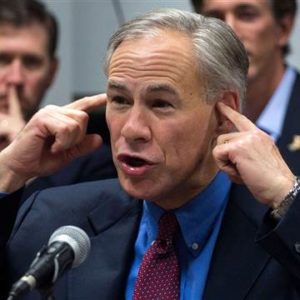What is a special session?
A special session amounts to legislative overtime. If lawmakers reach a stalemate on key issues or if the governor decides the legislative show must go on, he or she can call for a special session.
The premise is similar to that of a regular session — except the governor’s the one calling the shots this time. During a regular session, lawmakers can consider bills on any topic; during a special session, if a bill is not on the governor’s agenda, it’s out of bounds. Another difference is the time — legislators only have 30 days to do their work. And unlike the predictability of a regular session, the governor can call a special session at any time, without any warning. He or she can call the Legislature back for as many special sessions as he or she wants, with each lasting no more than 30 days. This year’s special session is set to start July 18.
What will lawmakers be debating in July?
Lawmakers can file all the bills they want, but the Legislature can only consider bills the governor has put on the call. Other issues may be added by the governor during a session. This year’s special session has an ambitious 19-item agenda — including a Union Busting Bill designed to strip the long established “payroll collection option”, for all public sector unions.
Will committees (and other legislative procedures) still work in the same way?
A special session is essentially a sped-up version of the regular session; bills will be heard fresh, and the hearing process will start all over again. Each bill filed during a special session will be assigned to a committee, which will then hear whatever pieces of legislation the panel decides to bring forward. House bills voted out of committee will go to the Calendars Committee before they can come to the floor a vote, and the same rules apply to get a bill placed on the Senate’s intent calendar.

Will Abbott call another special session if lawmakers don’t pass all his measures?
While Abbott hasn’t said if he plans to keep calling lawmakers back if they don’t pass all 20 of his measures, there’s no limit on the number of special sessions that can be called between regular legislative session. That’s right — if the governor’s not satisfied at the end of the 30 days, he can call another session. So, theoretically, Abbott could keep lawmakers in the Capitol until the next regular session. In 1989, Governor Clements kept the houses in for a whopping six special sessions, spanning just under a year.